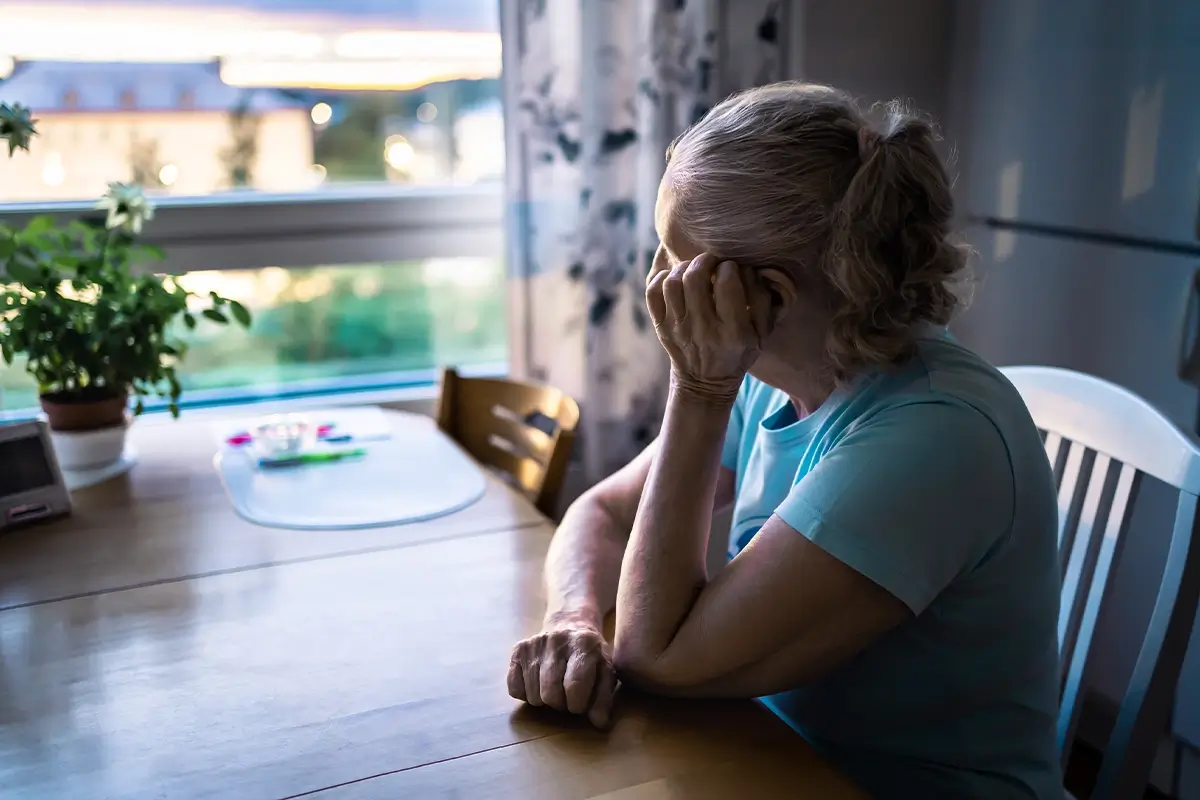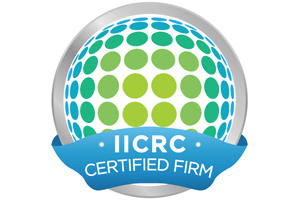
Losing a loved one is one of the most difficult things anyone can ever experience. Many times, the next of kin who is legally responsible for making arrangements is the person who is hardest hit by the loss. Necessary tasks like scheduling a biohazard cleanup while experiencing grief and shock can feel impossible.
If you have a friend, neighbor, or family member in this situation, here are some ways to help:
Offer Practical Support
Get back to basics. Delivering food, help with dishes or laundry, and assisting with childcare or pet care can be a big relief. When words fail, you can show your support through acts of service.
Offer to Make Calls
Many times, people don’t have the energy to keep repeating painful details. You can help by doing research and calling the biohazard cleanup company for them. This spares your grieving friend from more stress. If you take on this task, please be prepared to discuss specifics about the nature of the situation.
Gather Needed Information
A biohazard cleaning company will ask a series of questions to prepare the technicians before an assessment. Jot down the address, the nature of passing, where they were found, and estimated time of death; this information is extremely useful for the cleanup crew to determine the scope of work needed.
Hold Space
Grief is a heavy burden, and everyone grieves differently. Just “being there” for someone can make all the difference. They may want to share fond memories or not discuss the deceased at all. Remaining flexible and asking them what they need can help you determine which is best for a particular moment.
Encourage Them to Seek Counseling
If you think your friend or family member needs some extra help, encourage them to speak to a counselor, support group, or faith leader. Many hospitals, churches, and hospice organizations provide grief support groups. Arizona’s Hospice of The Valley has a list of groups and resources here.
There is no way to fix what happened, but your thoughtful actions can help them along the way. By checking in, offering support, and honoring their grief at every stage, you’re letting them know they’re not alone.






